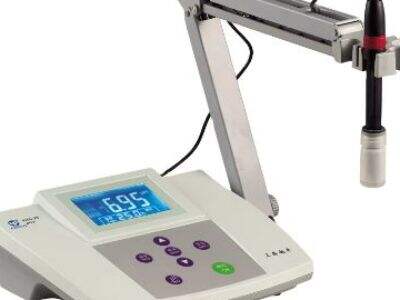Electronic balances are excellent tools to weigh any component. They are used everywhere from science labs to kitchens to stores to weigh rotten fruit. Do you understand sensitivity and accuracy when designing electronic balances? Now, let’s dive into the behind-the-scenes of why these two things are important.
What is Sensitivity of Electronic Balances?
Sensitivity in terms of electronic balances refers to its capability of detecting small weight differences. It may measure very light objects accurately if a balance is very sensitive. If you’re weighing small beads, for instance, you’ll get a correct measurement with a sensitive balance. If the sensitive balance is not correct, it will have difficulty measuring weight because (small changes) will be missed.
Why is Accuracy Important?
Accuracy refers to whether you are close to the actual measurement. Electronics balances are calibrated frequently in order to obtain accurate measurements. Calibration ensures the scale is functioning properly and displaying accurate readings. Without calibration, the weighing balance can show inaccurate measurements, and that is not trustworthy.
How to Perform Calibration on Electronic Balances
Only a few steps is need for laboratory analytical balance. Place the balance at first on an even and steady surface. Then switch it on and get your range warmed up for five minutes. Next, we use special weights known as calibration weights to see if the balance is accurate. Make sure to put the calibration weight on the balance and see if the number equals the weight. If it does not match, you will follow the instructions for adjusting the balance.
The important factor in Electronic balances is Precision.
Precision is how consistent the measurements are when you weigh the same object again and again. A well-tuned balance will provide the same reading every time you weigh the same thing. An imprecise balance might return different numbers. To ensure accurate measurements, be gentle, and do not perform any activity that can alter the weight.
Always treat the balance with care, never dropping it.
Maintain the balance clean by cleaning it out using soft material.
Put the balance in a cool dry place and prevent any moisture contact and extreme temperature.
Keep in mind to periodically calibrate the scale to get accurate readings.
Conclusion
Knowing how sensitivity and accuracy relate to electronic balances is key to correct measurements. With these tips and good care and maintenance, your balance will serve you well and provide consistent results. analytical balance laboratory these points will ensure that you get the right measurements each time!












































